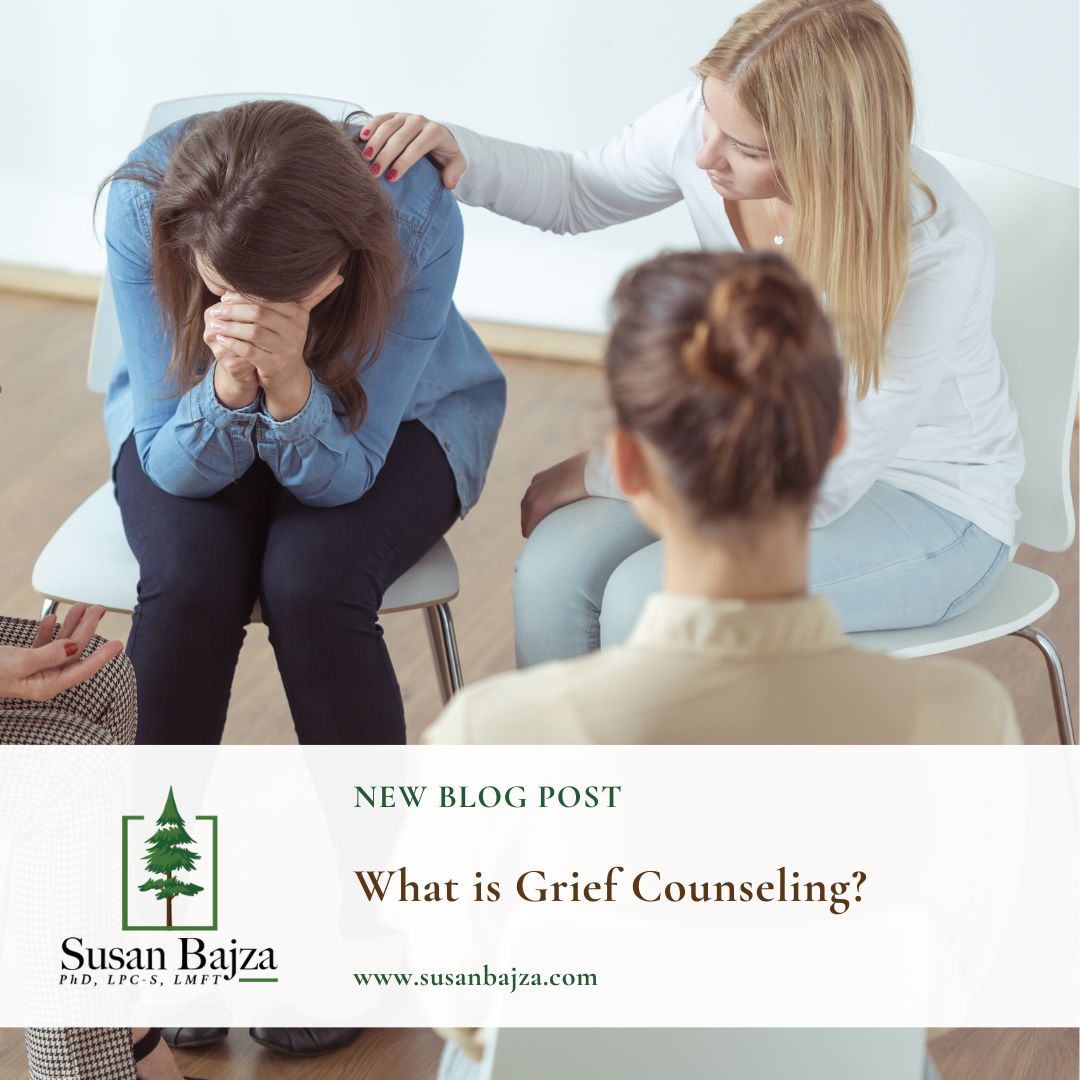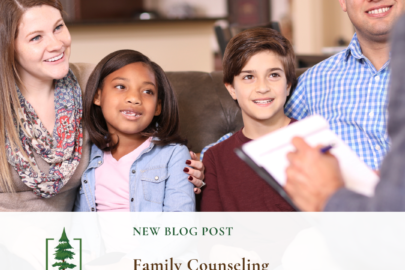Grief is an unfortunate response that all people face at one point in their lives. It can occur in various forms, such as physical, emotional/mental, relational, or occupational. You process grief through stages of different emotions, which can vary depending on the situation. It is vital for you and your mental health to allow the natural course of healing, but it can be beneficial to receive counseling during such a difficult time.
Physical Loss
Physical loss can include losing anything that you considered significant to your life. It might be the loss of your childhood home, a beloved heirloom, or your mode of transportation. These things might seem replaceable in the eyes of others, but it is fair to have feelings of grief after you no longer have them. Having an emotional attachment is not uncommon and grieving the loss of something you loved is a normal reaction.
Relational Loss
Feelings of relational loss can stem from death or divorce of a loved one, children moving out, the death of a pet, or having to move to a new location. In certain situations, death can be both anticipated or unexpected. The process of grieving may differ depending on which situation occurred, but both require extended healing periods. Divorce or parting with someone you have loved, relied on, and spent enormous amounts of time with, can bring feelings of great loss. Parents may suffer from their children’s absence after they leave the nest. Playing the role of mom or dad is a huge part of anyone’s life, so empty nesters often feel they have lost their purpose. Though not everyone can relate, losing a pet or animal you love can be a very saddening time. It isn’t easy to comprehend the short life-span of animals, and it can leave anyone who enjoys their companionship with feelings of grief. Moving away from a familiar place can be confusing, lonely, and isolating. No one wants to leave their friends, favorite amenities, and their old life behind. It is fair to say that all relational losses deserve a healthy grieving period.
Emotional/Mental Loss
People can feel emotional loss when they have not accomplished the things they wanted to in their lifetime. Growing up, many people dream of completing college, having a family, making a livable wage, or running their own businesses. No matter what the goal was, it can hurt when you feel as if you may have to let it go. It’s no secret that life doesn’t always go the way you want it to, but it can be completely understandable to go through a grieving period when it doesn’t. To feel this form of loss does not make you selfish or ungrateful, and deserves to be acknowledged in order to properly move on.
Occupational Loss
Occupational loss can be felt when you lose a job, change industries, find a new job, or retire. It is acceptable to feel sad when you get laid off, no matter what the reasoning was. We rely heavily on our occupations to keep us afloat financially and professionally. Our jobs are a huge part of our lives, often consisting of spending more time with coworkers than family. No longer reporting to the same employer, sitting at the same desk, or seeing the same faces can be a disturbing shift for many people. It can also be terrifying for someone who has worked in the same industry for an extended amount of years, and then leaving for a new one. Retiring from the workforce all together can be a huge milestone for anyone. Though it’s exciting, it can be hard to adapt to your new life without your everyday routine.
Grieving occurs differently for everyone, but it is important to eventually find acceptance in it. While it is deeply demanding to heal through grieving, there are specific tools that can assist you during this time.
Allow us to offer a helping hand so that we may get through it together. To schedule an appointment, give us a call or email us through the contact us page.



